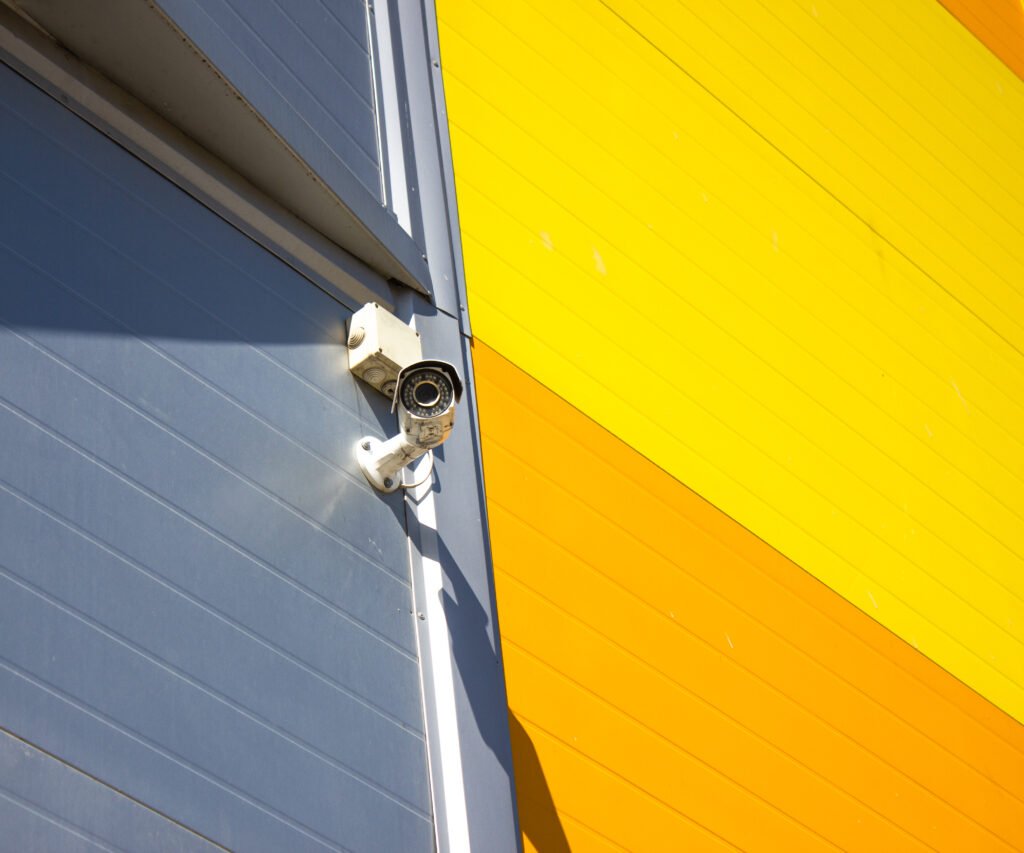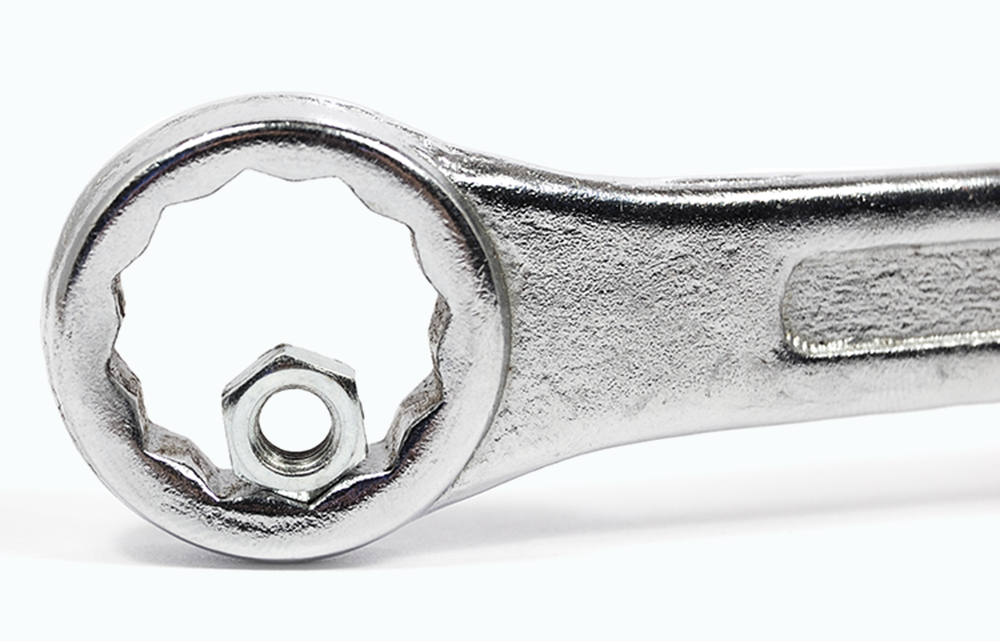CCTV Job Salary

Introduction
When it comes to CCTV jobs, salary can vary widely depending on your experience, qualifications, and the type of work you do. Whether you’re a security engineer installing security systems, servicing access control, or working as a subcontractor, there are many ways to shape your earnings in this industry. In this article, we break down the factors that influence salary in the UK, including essential elements to consider during a salary search what to expect in different roles, and how to increase your pay over time.
What Is the Average CCTV Salary?
The average salary for CCTV engineer jobs in the UK sits between £30,000 and £40,000 per annum. Entry-level engineers may start closer to £28,000, while those with specialist skills or supervisory responsibilities can earn upwards of £45,000 per annum. In some senior positions, especially in London or on large-scale commercial projects, salaries can exceed £50,000.
Location Makes a Difference
Location has a major impact on CCTV job salary. Engineers working in and around London, particularly West London and South West London, can typically expect higher pay than those in other parts of the UK. This is due to both cost of living and demand for skilled engineers in the region.
If you’re looking at job listings in London, you’ll often see roles advertising “high earnings” or generous packages, including overtime and a company vehicle. Many engineers in these areas also benefit from additional perks like tools, training, or flexible working.
Permanent vs Subcontract Work
The structure of your employment also affects your earnings. Permanent roles, especially as a service engineer, provide a consistent salary, job security, and benefits such as bank holidays and sick pay. Subcontract roles, on the other hand, may offer a higher day rate, especially if you’re experienced and able to manage your own workload.
Contractors often take on CCTV jobs that require short-term support or project-specific expertise. While they don’t receive a salary per annum in the traditional sense, their income can exceed that of their permanent counterparts. It’s common for subcontractors to work across multiple locations in the UK, supporting companies with installation or service backlogs.
Qualifications That Boost Your Salary
Formal training and technical certifications play a key role in salary progression. Employers often seek candidates with experience in intruder alarms, access control systems, and general security solutions alongside CCTV.
Qualifications such as a BTEC in traffic enforcement (yes, even BTEC traffic enforcement essential units) can increase your appeal for roles that involve public-facing work or control room experience. Training in control panel programming, fault finding, and integration of access control also raises your profile.
Experience Counts
Previous experience is one of the biggest drivers of pay. Engineers with hands-on knowledge of installation or maintaining systems across various environments can command higher rates. If you’ve worked with a wide range of systems or in high-pressure environments like retail parks, corporate headquarters, or high-security sites, you’ll likely be on the higher end of the salary range.
Roles requiring parking experience or familiarity with safety-critical infrastructure often specify experience as a must. Employers value those who are responsible and can work unsupervised, especially when representing their company on-site with customers.
Tools, Perks, and Packages
Many permanent roles offer additional benefits that add value to the base salary. A company vehicle, tools, uniform, and ongoing training are common perks in full-time CCTV jobs. Packages may also include overtime, call-out pay, and performance bonuses, contributing to a supportive team environment . These extras can make a role with a slightly lower salary per annum more attractive when viewed as a complete offering.
Control Room and Operator Roles
While CSR are focused on technical CCTV roles, it’s worth noting that control room and CCTV operator positions are also available across the UK through other agencies and companies. These tend to have lower salaries compared to engineering roles but may suit candidates with strong communication skills and an eye for detail.
CCTV operator roles are often found in local councils, retail, and public transport. Pay typically ranges from £22,000 to £28,000 per annum, with shift work and weekend coverage standard in many vacancies.
How to Increase Your Salary
If you’re aiming to move up the pay scale, here are a few tips:
- Gain additional certifications in fire, intruder alarms, or access control
- Take on leadership or team management responsibilities
- Be open to subcontract work in high-demand areas like London
- Build strong communication skills for customer-facing roles
- Stay updated on technology and software in security systems
- Continued training and a proactive attitude can help you progress from a junior role to a senior service engineer or even into project management.
Finding the Right Fit
Not every role is about chasing the highest salary. It’s about finding the right job description, team culture, and long-term opportunity that will play a crucial role in your career satisfaction . Some roles may prioritise safety, tools, and stability, while others value flexible hours or high earning potential.
If you’re doing a salary search or reviewing job alerts, look closely at the full package. Consider the type of customers, systems involved, travel requirements, and whether the role is temporary salary-based or permanent.
We’re Here to Help
At CSR, we specialise in helping engineers find the right match. Whether you’re seeking permanent roles, subcontract opportunities, or advice on salary progression, our recruiters understand the security industry inside out.
We are here to help you achieve your goals in the fire and security industry.
Every Job is Easier if You Have the Right Tools
